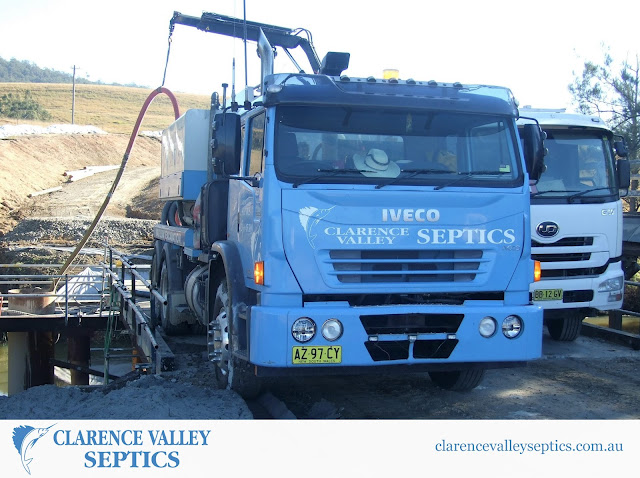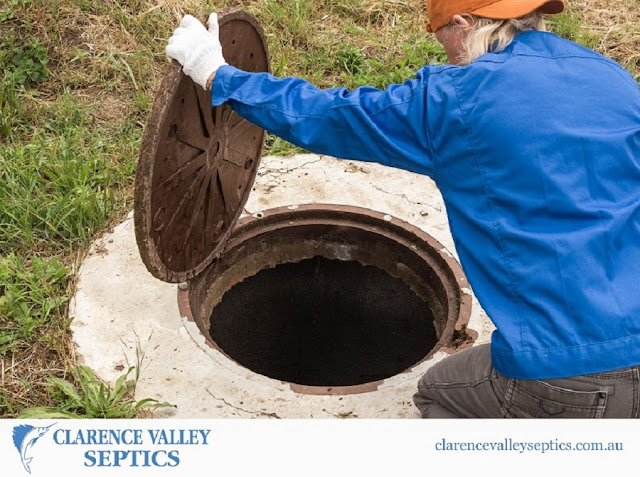How to Choose the Best Septic Tank Cleaning Services for Your Home

Septic tanks are used widely in homes that are far from centralised sewage systems; hence, septic tank cleaning is a significant task, and it requires the services of a competent and professional septic tank cleaning company. Regular servicing helps to run the system optimally and reduces frequent repairs of the systems as well as environmental pollution. The following is a checklist that will assist you in finding the services of the best septic tank cleaning firms for your residence. 1. Research Local Providers Locally search for companies that offer septic tank cleaning services . Choose companies with good performance and those that are well known to you. Word-of-mouth feedback, for example, what different customers have to say about their experiences can be viewed online via reviews and testimonials. Also, converse with other people in the community to get referrals from other companies or service providers who have done septic tank cleaning before. ...



